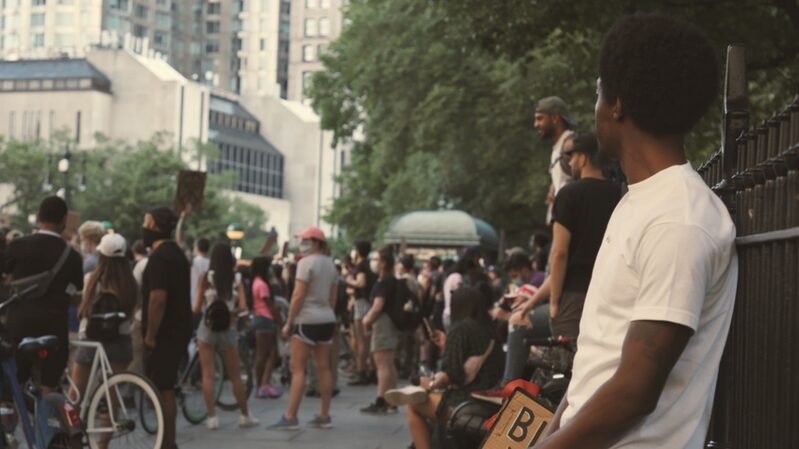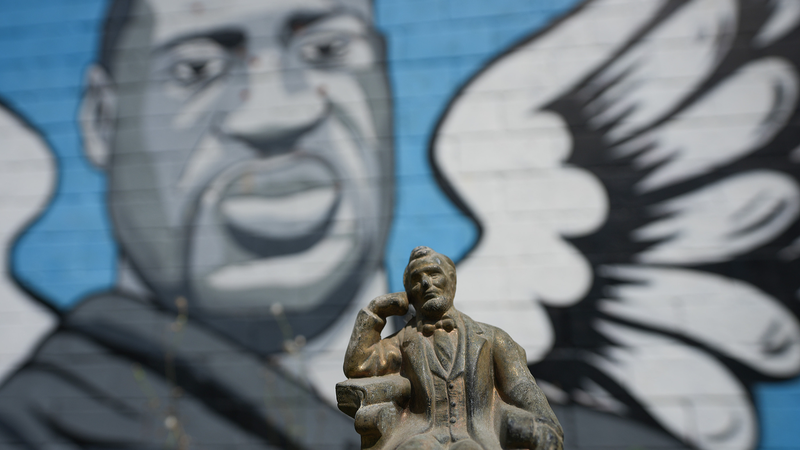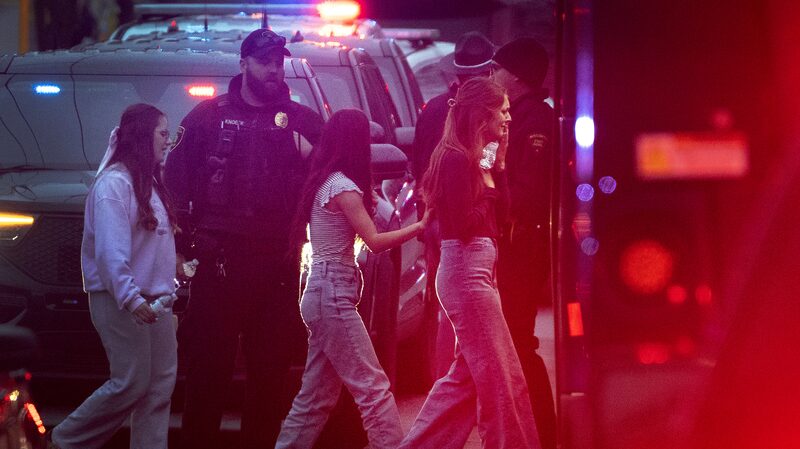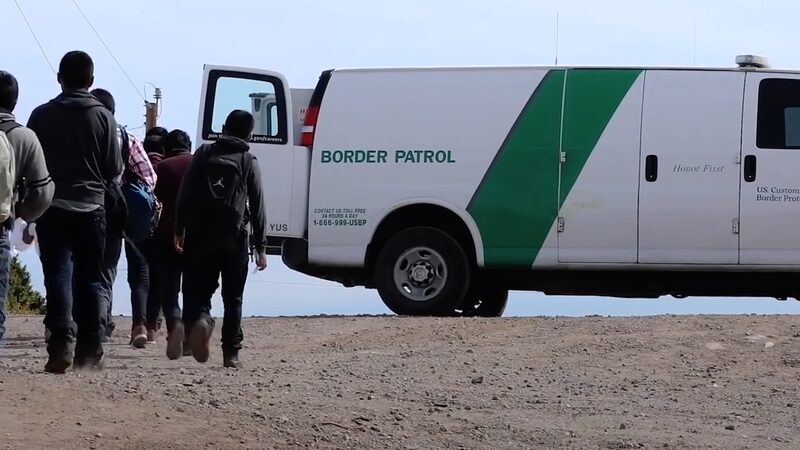For many Black and Brown communities in the U.S., systemic inequality isn’t a history lesson—it’s daily reality. From classrooms to courtrooms, racial disparities persist despite decades of activism and reform promises. 🚨
New York City high school teacher Jean Messeroux shared: “I teach about systemic oppression—mass incarceration, educational racism. Students confide in me about police brutality. This isn’t new; it’s generational trauma.” Her words spotlight a cycle where policy changes often fail to dismantle entrenched biases.
Recent studies show Black Americans are 3x more likely to face police violence than white counterparts. Meanwhile, school funding gaps disproportionately affect minority neighborhoods, limiting opportunities early. 📉
Activists argue true progress requires reimagining systems built on inequality—not just hashtags or performative gestures. ✊ As debates over police reform and critical race theory rage, Messeroux’s classroom becomes a microcosm of America’s reckoning: “How do we teach truth while fighting for change?”
Reference(s):
The Race Gap in the U.S.: When you experience police brutality
cgtn.com







